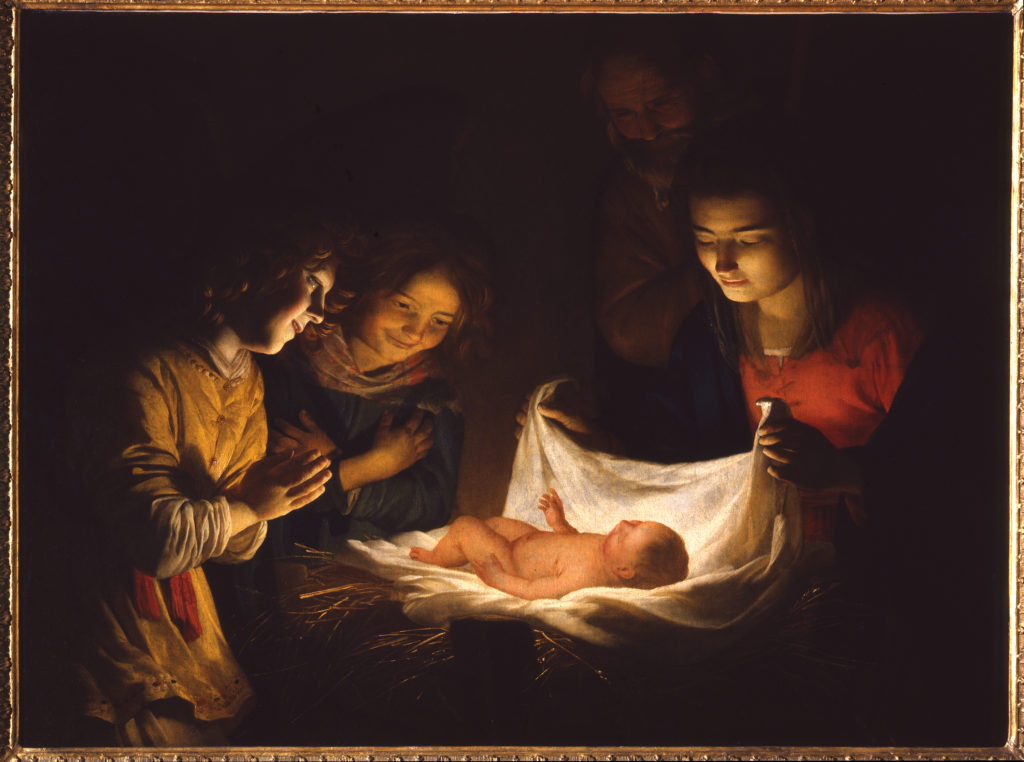As we know, Aristotle defines God as first cause, efficient cause, immobile motor, necessary cause from which all other things derive.
Aristotle's God is the absolute being, the metaphysical God par excellence, but as such, his relationship with man is almost nonexistent.
Although for Aristotle there is a causal dependence of all things on their first cause, God is not necessarily the creator of men, not in the Christian sense of creation from nothing and with a definite purpose.
The Aristotelian God does not have a project for mankind, he has no personal relationship with the world. It is a God who seems cold and distant, as if God's interest in the world made him less perfect.
The Christian God, however, is interested in man. First of all, he creates man in his image and likeness and then gives him a life plan.
Man's relationship with God is always a relationship of friendship, the very substance of the relationship.
For many, it is a relationship of love, even a paternal-filial relationship. We are children of God! Moreover, the Christian God becomes incarnate and does so for a salvific purpose.
This would have been unthinkable for Aristotle. Therefore, the Christian God is a close, humanized God, different (in this sense) from that of other religions and philosophies that admit the existence of God. These differentiating elements explain the great "success" and diffusion of Christianity in the world.
Later philosophers have posed the relation between God and man in terms of the relation between the finite (man) and the infinite (God). They have argued that finite and infinite are inseparable, just as being and nothingness are inseparable.
None can exist independently of the other. Therefore, the perfect infinite, in order to be so, must necessarily contain the finite, must envelop it.
According to Hegel, the finite and the infinite are one. And particular beings, finite beings, are but moments of the infinite. Thus, true eternity, as an expression of the infinite, does not exclude time, but contains it.
Continuing with this approach, if God is infinite, then what is it to be finite for God? To be finite is to assume human nature, divesting himself of his divinity. For God, to be finite is to be Christ. The incarnation (Christ) represents the finite nature of God.
God the Father represents the infinite nature. And the Holy Spirit the action of God in the world. As we know, these three elements constitute the "tri-personality" of God, in which each person of the divinity is implicitly the whole divinity, the great contribution of Christianity.
The baptism of the Christians also affects the union between the finite and the infinite. It represents the death and resurrection of Christ. The baptized pass from death to life. By immersing ourselves in water (the original baptism was by immersion in water), we disintegrate (death).
After baptism, we emerge to a new life (resurrection). We must first die as finite beings and then be reborn as infinite beings. As Dilthey said, "when submerged in water, it seems that the longing to float in the infinite is appeased". And the longing ceases, because at that moment we are infinite.
At this time of year in December, millions of Christians raise the image of the Child Jesus to celebrate the arrival of Christ. the image of the Child Jesus to celebrate the arrival of Christ, reenacting the union between the divine and the human. between the divine and the human. The excitement is great around his birth. birth. This is how Gabriela Mistral described the atmosphere in the stable where Jesus was born. stable where Jesus was born:
At the stroke of
midnight
and the Child burst into tears,
the hundred beasts awoke
and the stable became alive.
And they were approaching
and extended until the Child
their one hundred longing necks
like a shaken forest.
This "shaking" springs from life, the human life that God has just acquired. acquire. The stable is transformed into joy and the hope of resurrection. resurrection. This is what the feast of Christmas, which we will celebrate in the coming days, is all about. in the coming days.











